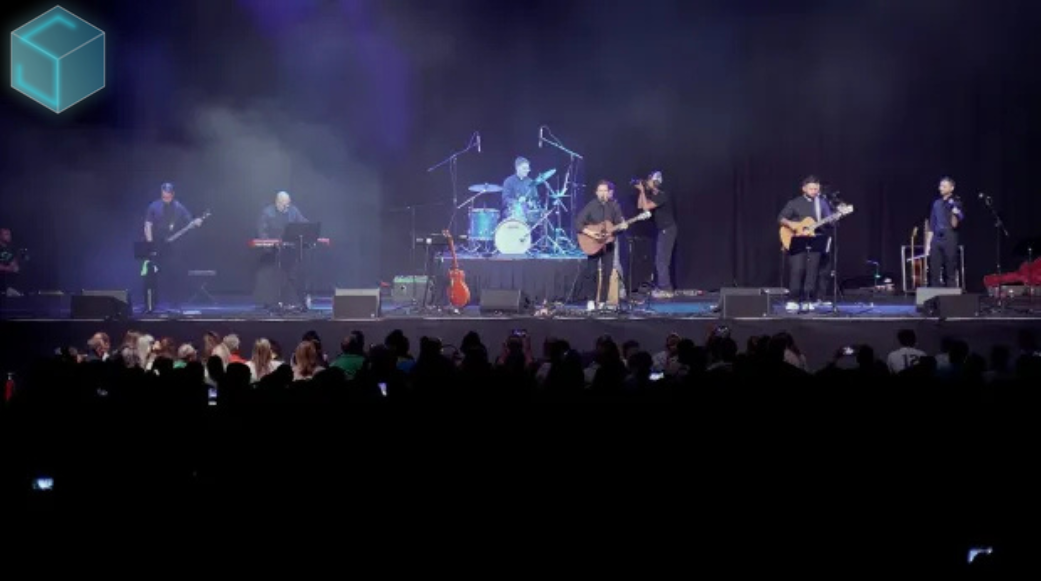
August 20, 2025
Imagine six Catholic priests performing at a sold-out Houston show instead of a well-known pop star. Their band's performance combined messages of prayer, celibacy, and faith with elements of rock...
Read more.png)
August 20, 2025
Nostalgia, Mother Mother’s latest album, is one of those rare creations. It invites us into a world where lightness isn’t escapism—it’s a form of resistance, a beacon of hope, and a path forward....
Read more
August 19, 2025
When Anna of the North released “Lovers” in 2017, it was already a dreamy synth-pop gem, filled with wistful vocals and lush production that captured the ache of young romance. But it wasn’t until...
Read more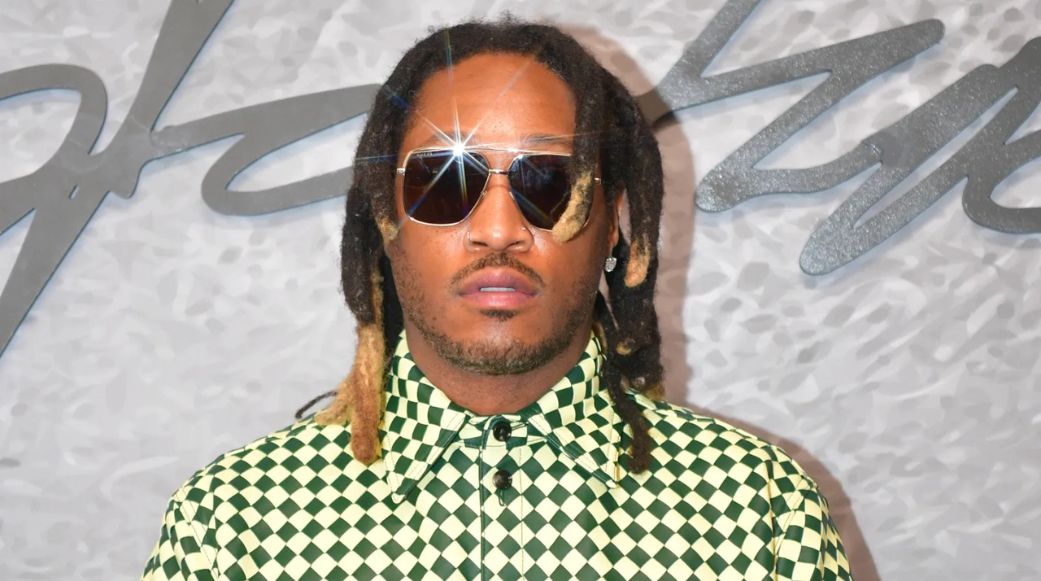
August 19, 2025
“Let Me Know” ft. Future started out as a moody, late-night playlist type of track, the kind you blast in your car pretending you’re in a music video while stuck in traffic. But now? It’s become...
Read more
August 19, 2025
“Your Idol” stands out in Kpop Demon Hunters not just as a catchy track, but as one of the most self-aware songs in the whole project. At first listen, it has all the hallmarks of a classic K-pop...
Read more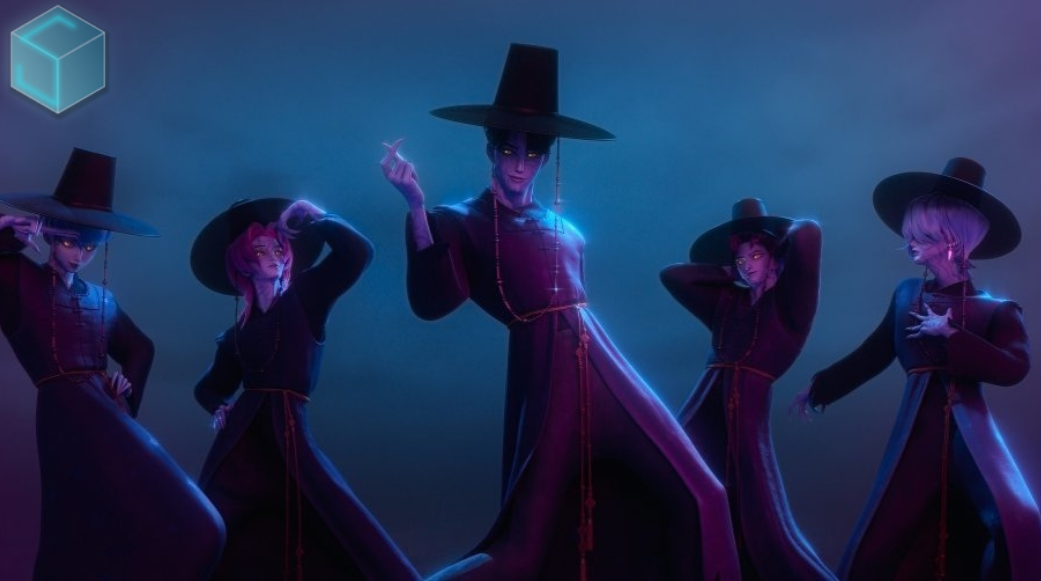
August 19, 2025
If you’ve scrolled TikTok, Insta, or literally any corner of the internet in the past few weeks, you’ve probably heard it: the fizzy, feel-good bop known as “Soda Pop” by the Saja Boys. Straight...
Read more
August 19, 2025
Skai Is Yourgod didn’t just drop a song, he dropped a cultural grenade. His track “Stacks From All Sides” has taken TikTok by storm, and the secret sauce? A cheeky little sample from Beetle on...
Read more
August 19, 2025
After 70 weeks at No. 1 with “Too Sweet,” Hozier’s reign on Billboard’s Hot Rock Songs chart comes to an end as newcomer Sombr takes over with...
Read more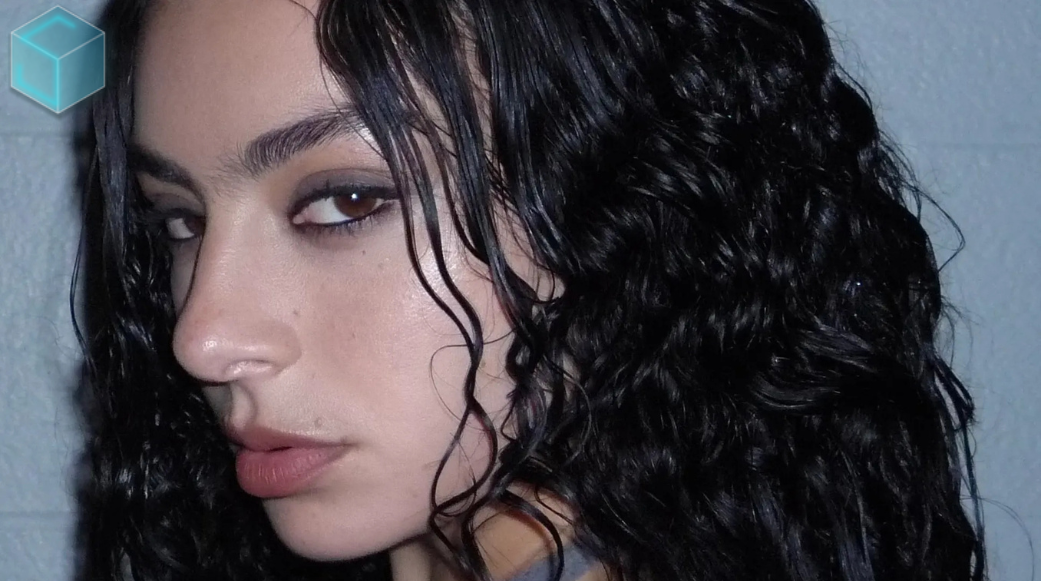
August 19, 2025
Charli XCX brought her groundbreaking Brat era to a poignant close Friday night during an electrifying performance at South Korea's One Universe Festival. The pop innovator marked the final...
Read more
August 19, 2025
Taylor Swift’s appearance on Travis and Jason Kelce’s New Heights podcast drew 1.3M live viewers, breaking YouTube records and sparking buzz with details about her new album The Life of a...
Read more
August 19, 2025
After a six-year silence, Chance the Rapper is officially back. On August 15, 2025, he will drop his sophomore album, Star Line, marking a new chapter filled with growth, travel, and creative...
Read more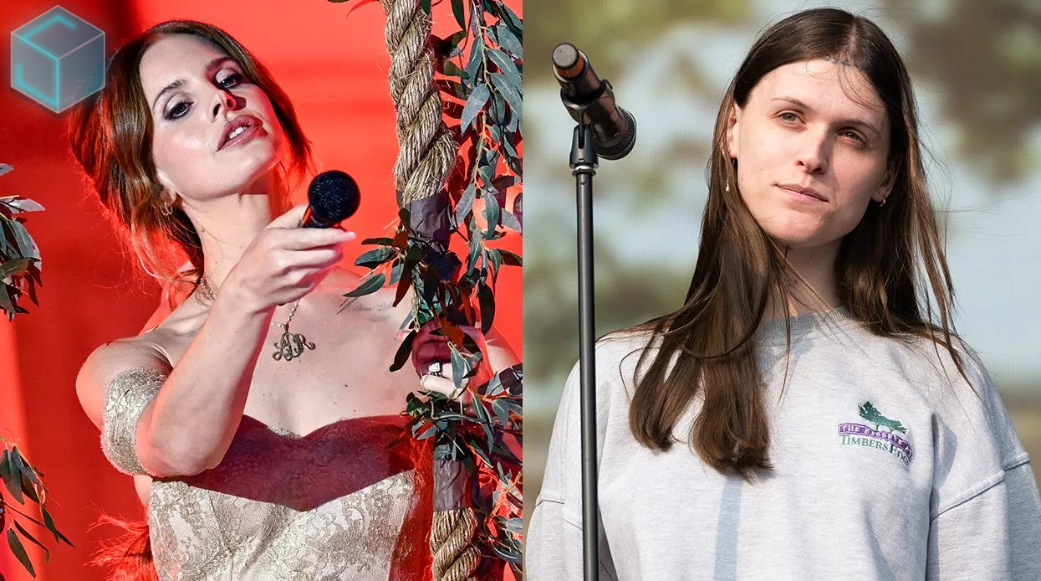
August 19, 2025
Lana Del Rey’s new song takes aim at Ethel Cain, referencing an alleged personal rift involving Instagram posts, a mutual ex, and behind-the-scenes remarks...
Read more.png)
When Velvet Sundown burst onto Spotify earlier this summer, few suspected that the band’s four “members” were never flesh and blood. With their ’60s-inspired riffs and dreamy vocal harmonies, the digital quartet quickly amassed over a million monthly listeners, fueled by the viral success of their debut single “Dust on the Wind.” Only on July 8, 2025, did Velvet Sundown finally own up to what many fans had begun to suspect: they are an entirely AI-generated project “an ongoing artistic provocation” designed to blur the boundaries between real and synthetic creativity.
Velvet Sundown released their first album, Floating on Echoes, on June 5, 2025, marketing it with faux vintage photos and enigmatic social-media teasers. Listeners loved the band’s nostalgic sound, and streaming figures skyrocketed. Yet as questions arose Why could no one find interviews with the members? Why did their online images look subtly “off,” with hands that seemed oddly shaped? critics grew skeptical. The final nail in the coffin came when fans noticed Velvet Sundown’s Spotify bio had been quietly updated to confess the truth: “All characters, stories, music, voices and lyrics are original creations generated with the assistance of artificial intelligence tools employed as creative instruments”.
The revelation has ignited a wider debate in the music world. Proponents of AI-assisted creativity argue that tools like generative audio and image algorithms can open new frontiers providing artists with fresh palettes and speeding up production. Detractors warn that such projects undermine the authenticity central to musical culture, potentially eroding listeners’ trust and displacing human musicians. A landmark December report by the International Confederation of Societies of Authors and Composers (CISAC) even predicted that AI-generated music could shrink artists’ incomes by over 20% within four years if left unchecked.
Major streaming platforms have responded cautiously. Spotify maintains that it neither prioritizes nor profits directly from AI-generated tracks, noting that all uploads come from licensed third parties. Meanwhile, rival service Deezer has begun flagging AI-created songs, warning listeners that some Velvet Sundown tracks “may have been created using artificial intelligence” and deploying detection tools to spot generative audio models in the uploads.
Velvet Sundown’s creators describe the project as an “ongoing artistic provocation,” inviting listeners to question what makes music “real.” Is the emotional impact of a riff any less genuine if a neural network composed it? Some fans have embraced the experiment, praising the band’s catchy melodies regardless of their synthetic origins. Others feel cheated, betrayed by the illusion of human connection that music often provides. Critics like author Steven Hyden have noted that while the band’s songs hit familiar classic-rock tropes, they lack the unpredictable spark that comes from human imperfection, making them feel unnervingly generic.
Beyond artistic concerns, the Velvet Sundown saga raises practical and ethical questions: Who owns the copyright when an AI generates a song? How should royalties be distributed? Could entirely AI-created acts flood streaming platforms, making it harder for real musicians to stand out? The industry is only beginning to grapple with these challenges, balancing innovation with safeguards to ensure that genuine human artistry isn’t sidelined.
Despite the controversy, Velvet Sundown plans to press on. Their second album, Paper Sun Rebellion, is slated for release on July 14, and they’ve hinted at AI-curated virtual concerts in the fall. Whether listeners will continue to tune in once the novelty fades or whether a backlash will prompt streaming services to tighten their AI-content policies remains to be seen.
One thing is certain: Velvet Sundown has forced the music world to confront the question of authenticity head-on. As AI tools become ever more capable, artists, platforms, and audiences will need clear guidelines and open dialogue to navigate a landscape where the line between human and machine composition grows increasingly thin. Whatever the outcome, this AI-driven experiment has already rewritten a page in music history proving that, in the digital age, even our most cherished art forms can be reimagined in ways we never expected.